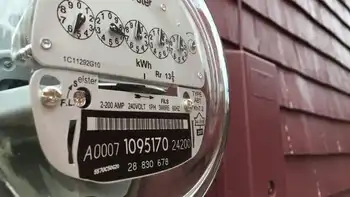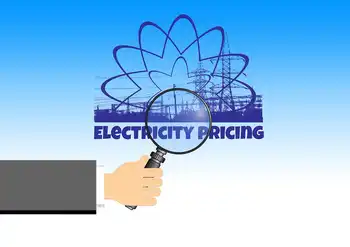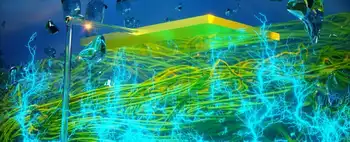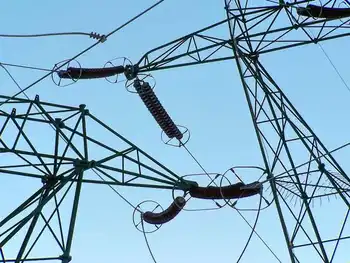More red ink at Manitoba Hydro as need for new power generation looms
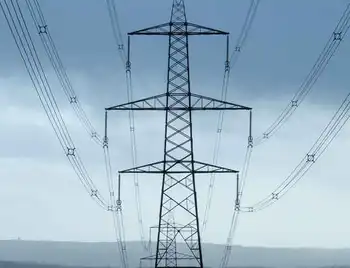
NFPA 70e Training - Arc Flash
Our customized live online or in‑person group training can be delivered to your staff at your location.

- Live Online
- 6 hours Instructor-led
- Group Training Available
Manitoba NDP Energy Financing Strategy outlines public ownership of renewables, halts private wind farms, stabilizes hydroelectric rates, and addresses Manitoba Hydro deficits amid drought, export revenue declines, and rising demand for grid reliability.
Key Points
A plan to fund public renewables, pause private wind, and stabilize Manitoba Hydro rates, improving utility finances.
✅ Public ownership favored over private wind contracts
✅ Focus on rate freeze and Manitoba Hydro debt management
✅ Addresses drought impacts, export revenue declines, rising demand
Manitoba's NDP administration has declared its intention to formulate a strategy for financing new energy ventures, following a decision to halt the development of additional private-sector wind farms and to extend a pause on new cryptocurrency connections amid grid pressures. This plan will accompany efforts to stabilize hydroelectric rates and manage the financial obligations of the province's state-operated energy company.
Finance Minister Adrien Sala, overseeing Manitoba Hydro, shared these insights during a legislative committee meeting on Thursday, emphasizing the government's desire for future energy expansions to remain under public ownership, even as Ontario moves to reintroduce renewable energy projects after prior cancellations, and expressing trust in Manitoba Hydro's governance to realize these goals.
This announcement was concurrent with Manitoba Hydro unveiling increased financial losses in its latest quarterly report. The utility anticipates a $190-million deficit for the fiscal year ending in March, marking a $29 million increase from its previous forecast and a significant deviation from an initial $450 million profit expectation announced last spring. Contributing factors to this financial downturn include reduced hydroelectric power generation due to drought conditions, diminished export revenues, and a mild fall season impacting heating demand.
The recent financial update aligns with a period of significant changes at Manitoba Hydro, initiated by the NDP government's board overhaul following its victory over the former Progressive Conservative administration in the October 3 election, and comes as wind projects are scrapped in Alberta across the broader Canadian energy landscape.
Subsequently, the NDP-aligned board discharged CEO Jay Grewal, who had advocated for integrating wind energy from third-party sources, citing competitive wind power trends, to promptly address the province's escalating energy requirements. Grewal's approach, though not unprecedented, sought to offer a quicker, more cost-efficient alternative to constructing new Manitoba Hydro dams, highlighting an imminent energy production shortfall projected for as early as 2029.
The opposition Progressive Conservatives have criticized the NDP for dismissing the wind power initiative without presenting an alternate solution, warning about costly cancellation fees seen in Ontario when projects are halted, and emphasizing the urgency of addressing the predicted energy gap.
In response, Sala reassured that the government is in the early stages of policy formulation, reflecting broader electricity policy debates in Ontario about how to fix the power system, and criticized the previous administration for its inaction on enhancing generation capacity during its tenure.
Manitoba Hydro has named Hal Turner as the acting CEO while it searches for Grewal's successor, following controversies such as Solar Energy Program mismanagement raised by a private developer. Turner informed the committee that the utility is still deliberating on its approach to new energy production and is exploring ways to curb rising demand.
Expressing optimism about collaborating with the new board, Turner is confident in finding a viable strategy to fulfill Manitoba's energy needs in a safe and affordable manner.
Additionally, the NDP's campaign pledge to freeze consumer rates for a year remains a priority, with Sala committing to implement this freeze before the next provincial election slated for 2027.






